Medications and Their Effects on Sexual Function
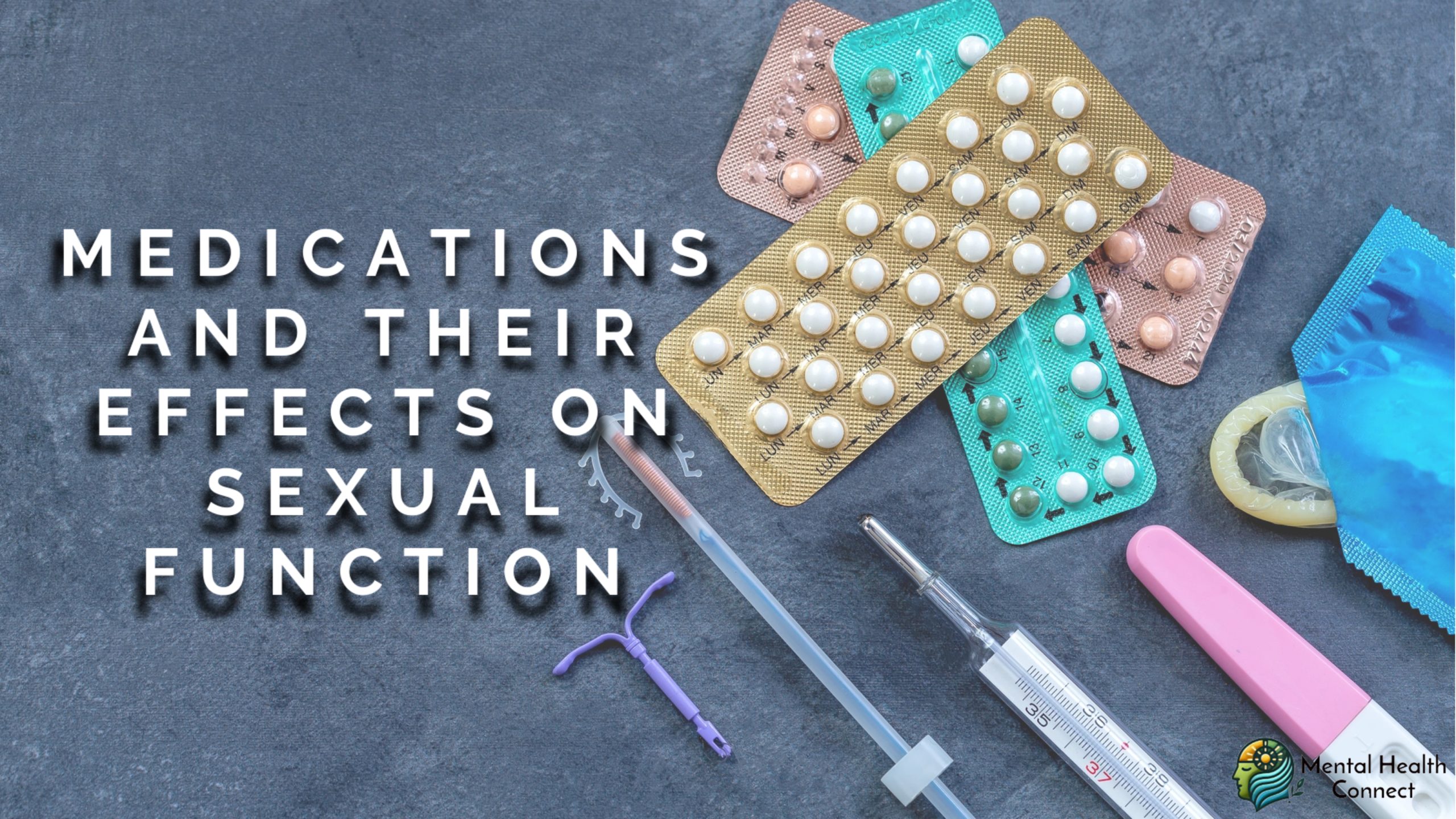
Sexual health is a critical component of overall well-being, influencing relationships, self-esteem, and quality of life. However, many people experience changes in their sexual function due to medications prescribed for various medical conditions. Understanding how different drugs impact libido, arousal, and performance can help individuals make informed decisions and seek appropriate medical guidance. This article explores how medications affect sexual function, highlights common drugs with such effects, and provides strategies to manage these issues effectively.
What Are the Effects of Medications on Sexual Function?
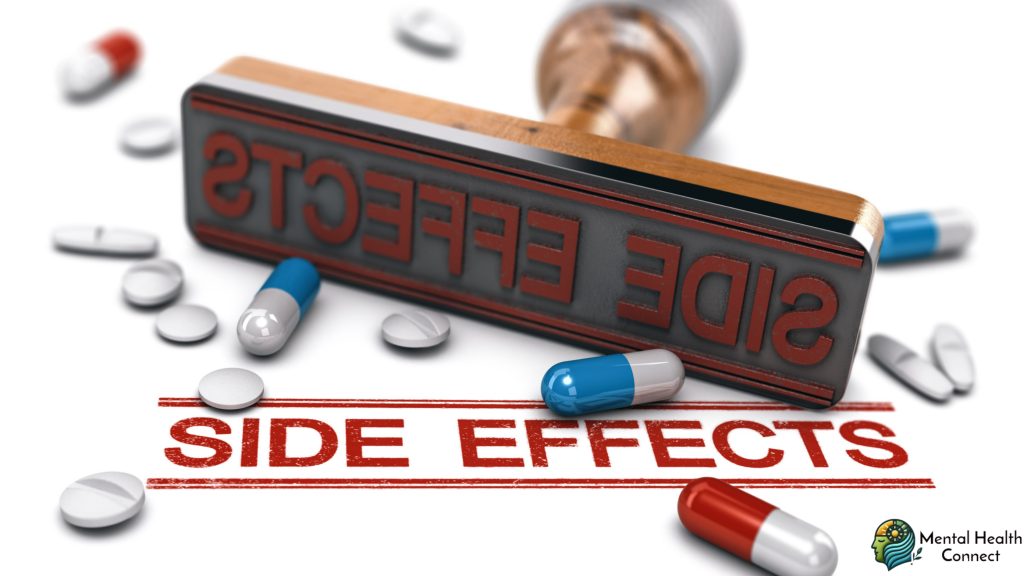
Medications can influence sexual function in several ways, including:
- Lowered Libido: Reduced interest in sexual activity.
- Erectile Dysfunction (ED): Difficulty achieving or maintaining an erection.
- Delayed or Absent Orgasm: Difficulty reaching climax
- Reduced Arousal: Decreased physical and mental sexual stimulation.
Various classes of medications contribute to these issues, including antidepressants, blood pressure medications, and hormonal therapies.
Why Is Understanding Medication-Induced Sexual Dysfunction Important?

Recognizing the impact of medications on sexual health is essential for several reasons:
- Improved Quality of Life: Sexual satisfaction is integral to overall happiness and emotional well-being.
- Better Adherence to Treatment: Fear of sexual side effects can lead to non-adherence to prescribed medications.
- Open Communication: Encouraging discussions between patients and healthcare providers can lead to better management strategies.
- Tailored Treatment Plans: Understanding the risks allows doctors to adjust prescriptions or recommend alternative therapies.
How to Identify and Address Medication-Induced Sexual Dysfunction?
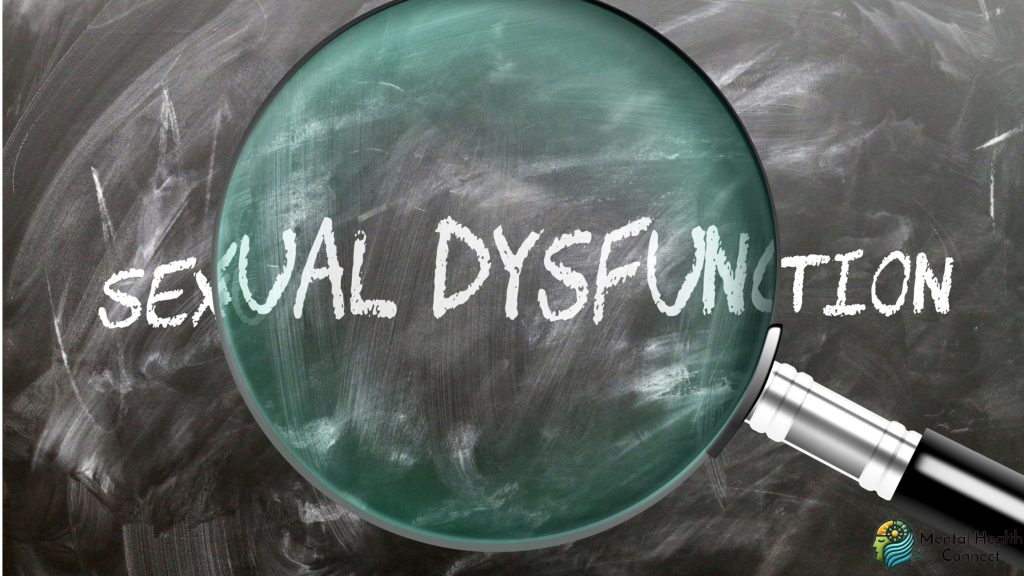
Step 1: Recognize the Symptoms
If you notice changes in your sexual function after starting a new medication, take note of the following:
- When the symptoms began.
- The severity of the changes.
- Any other side effects.
Step 2: Consult a Healthcare Provider
Discussing sexual health concerns with a doctor can help:
- Identify whether the medication is the primary cause.
- Explore alternative medications with fewer sexual side effects.
- Adjust dosages or timing of administration.
Step 3: Implement Lifestyle Modifications
- Regular Exercise: Improves blood circulation and enhances libido.
- Balanced Diet: Supports hormonal balance and overall health.
- Stress Management: Reduces the psychological burden that contributes to sexual dysfunction.
- Communication with Partner: Fosters understanding and reduces performance anxiety.
Best Practices for Managing Medication-Induced Sexual Dysfunction
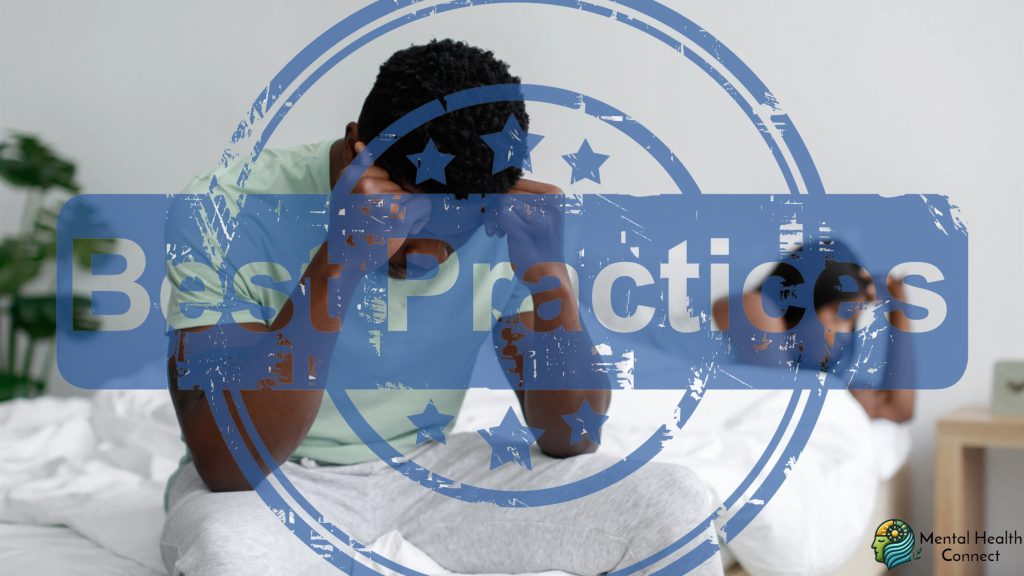
- Switching Medications – If a drug is known to cause sexual side effects, alternative options with a lower risk may be available.
- Dose Adjustment – Lowering the dosage, under medical supervision, may alleviate symptoms.
- Timing of Medication – Taking certain medications at specific times can reduce their impact on sexual activity.
- Use of Supplements – Some natural remedies, like L-arginine or maca root, may improve sexual function.
- Medical Treatments – Options such as PDE5 inhibitors (e.g., sildenafil) can help manage erectile dysfunction.
Common Medications That Affect Sexual Function and Their Alternatives
1. Antidepressants (SSRIs & SNRIs)
- Effect: Reduced libido, erectile dysfunction, delayed orgasm.
- Alternatives: Bupropion or mirtazapine (known for fewer sexual side effects).
2. Blood Pressure Medications
- Effect: Erectile dysfunction, reduced arousal.
- Alternatives: ACE inhibitors or calcium channel blockers.
3. Hormonal Therapies
- Effect: Libido changes, erectile dysfunction.
- Alternatives: Adjusting hormone levels under medical guidance.
4. Antipsychotics
- Effect: Reduced libido, erectile dysfunction, difficulty achieving orgasm.
- Alternatives: Atypical antipsychotics with fewer sexual side effects.
Common Mistakes & How to Avoid Them
- Ignoring Symptoms: Early intervention is key to resolving issues.
- Stopping Medication Abruptly: Always consult a doctor before making changes.
- Avoiding Discussion: Open communication with healthcare providers can lead to better solutions.
- Relying Solely on Supplements: While supplements can help, they should be used alongside medical advice.
Future Trends & Predictions
The future of managing medication-induced sexual dysfunction looks promising with advancements in:
- Personalized Medicine: Tailoring drug prescriptions based on genetic profiles to minimize side effects.
- AI in Healthcare: Predicting medication responses and side effects using artificial intelligence.
- Innovative Drug Development: New formulations with reduced sexual side effects.
- Telehealth Solutions: Easier access to consultations and solutions for sexual health concerns.
FAQs
1. Can I stop taking my medication if it affects my sexual function?
No, always consult a doctor before stopping any prescribed medication.
2. Are there medications that do not affect sexual function?
Yes, alternatives with minimal impact exist. Speak to your doctor for options.
3. How long do sexual side effects last after stopping medication?
It varies; some effects reverse quickly, while others may take weeks or months.
4. Do herbal supplements help with medication-induced sexual dysfunction?
Some may help, but consult a doctor before use to avoid interactions.
5. Can psychological factors worsen medication-induced sexual dysfunction?
Yes, stress and anxiety can amplify the issue. Counseling may help.
6. Are men and women affected differently by medication-related sexual dysfunction?
Yes, effects vary based on biology and the type of medication taken.
7. Can exercise and diet improve medication-related sexual issues?
Yes, a healthy lifestyle can mitigate some side effects and improve overall sexual health.
-
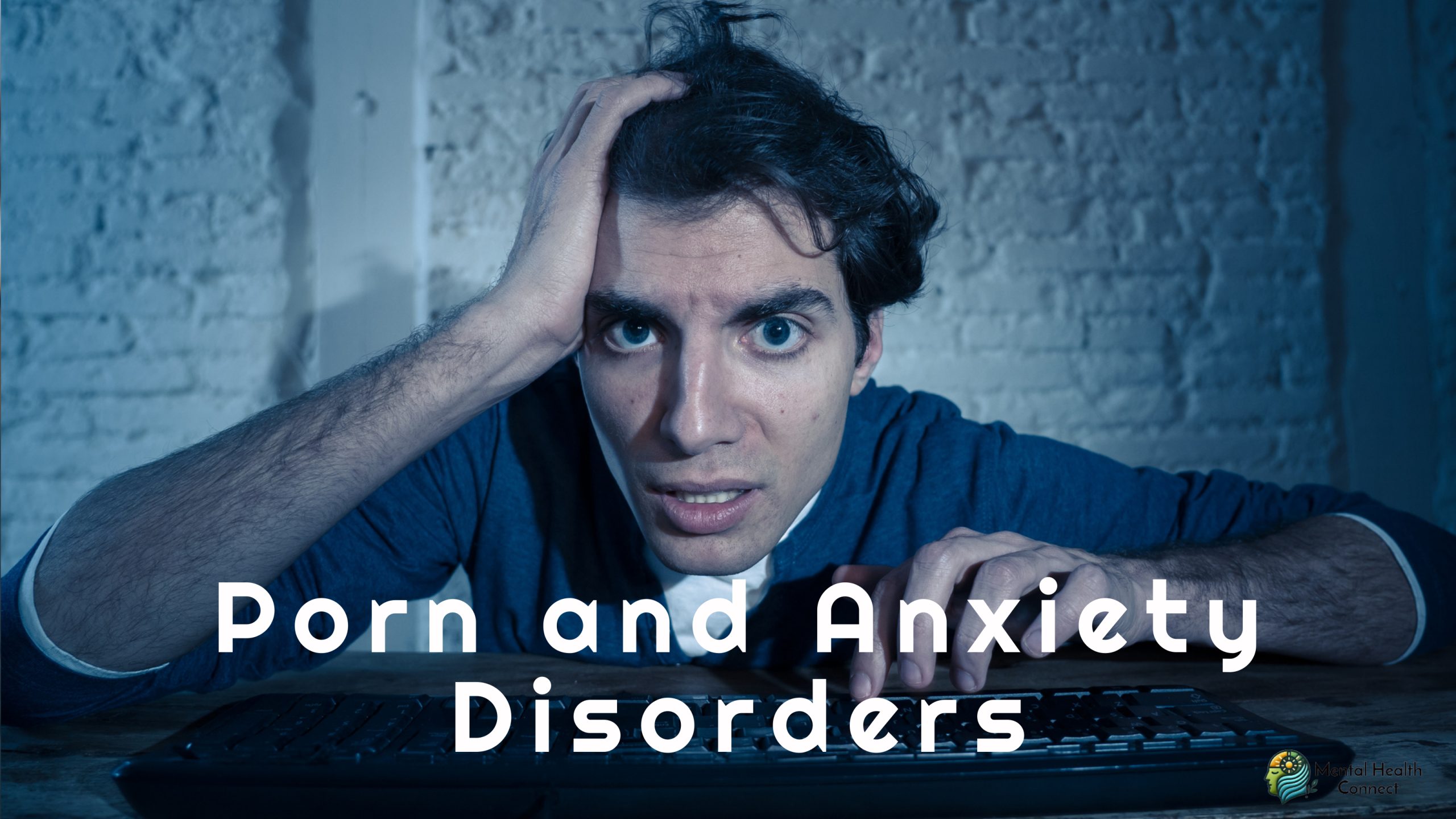 The Hidden Link Between Porn and Anxiety DisordersApril 11, 2025
The Hidden Link Between Porn and Anxiety DisordersApril 11, 2025 -
 Digital Desire: Understanding Porn in the Social Media AgeApril 11, 2025
Digital Desire: Understanding Porn in the Social Media AgeApril 11, 2025

Leave a Reply